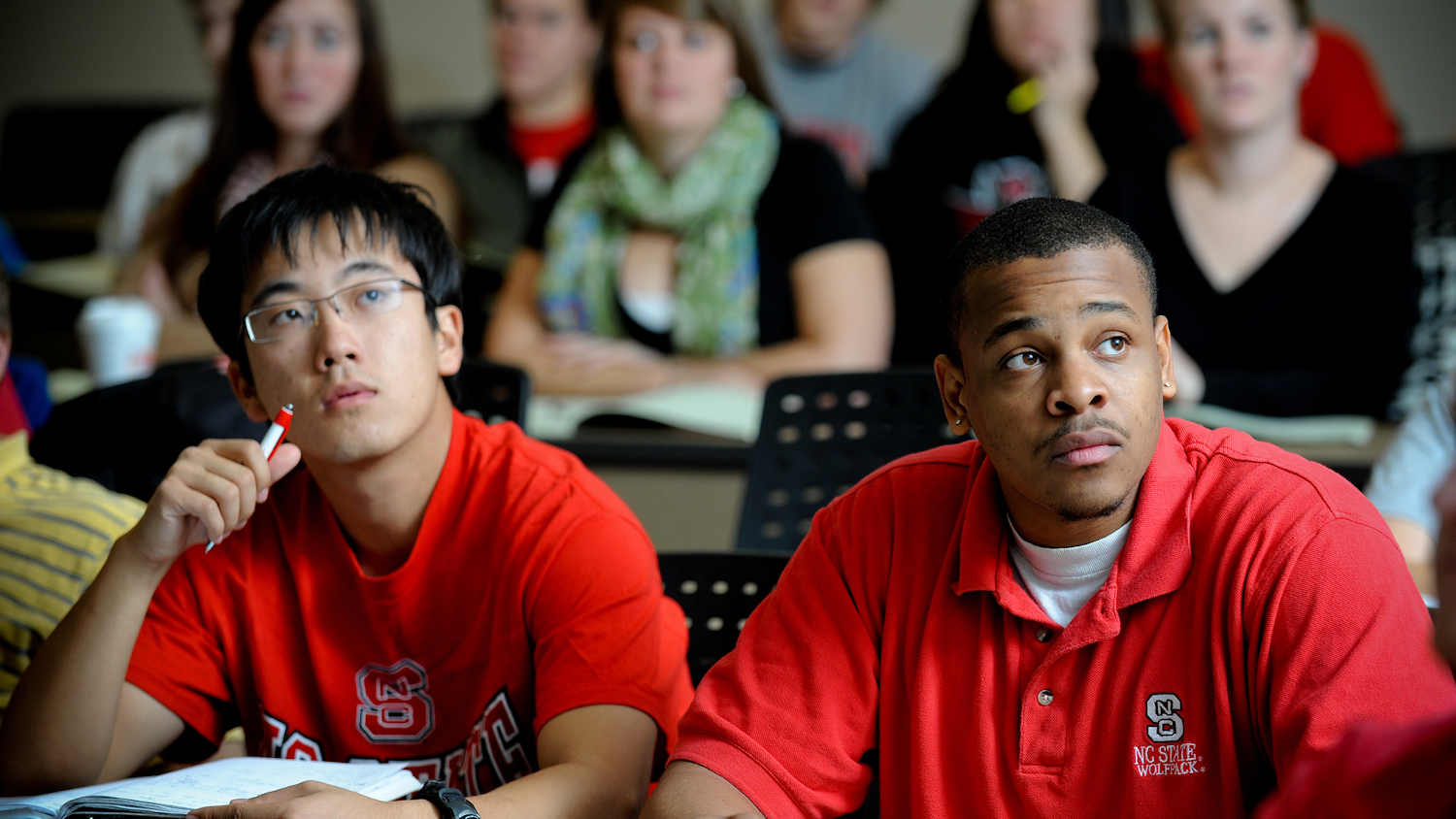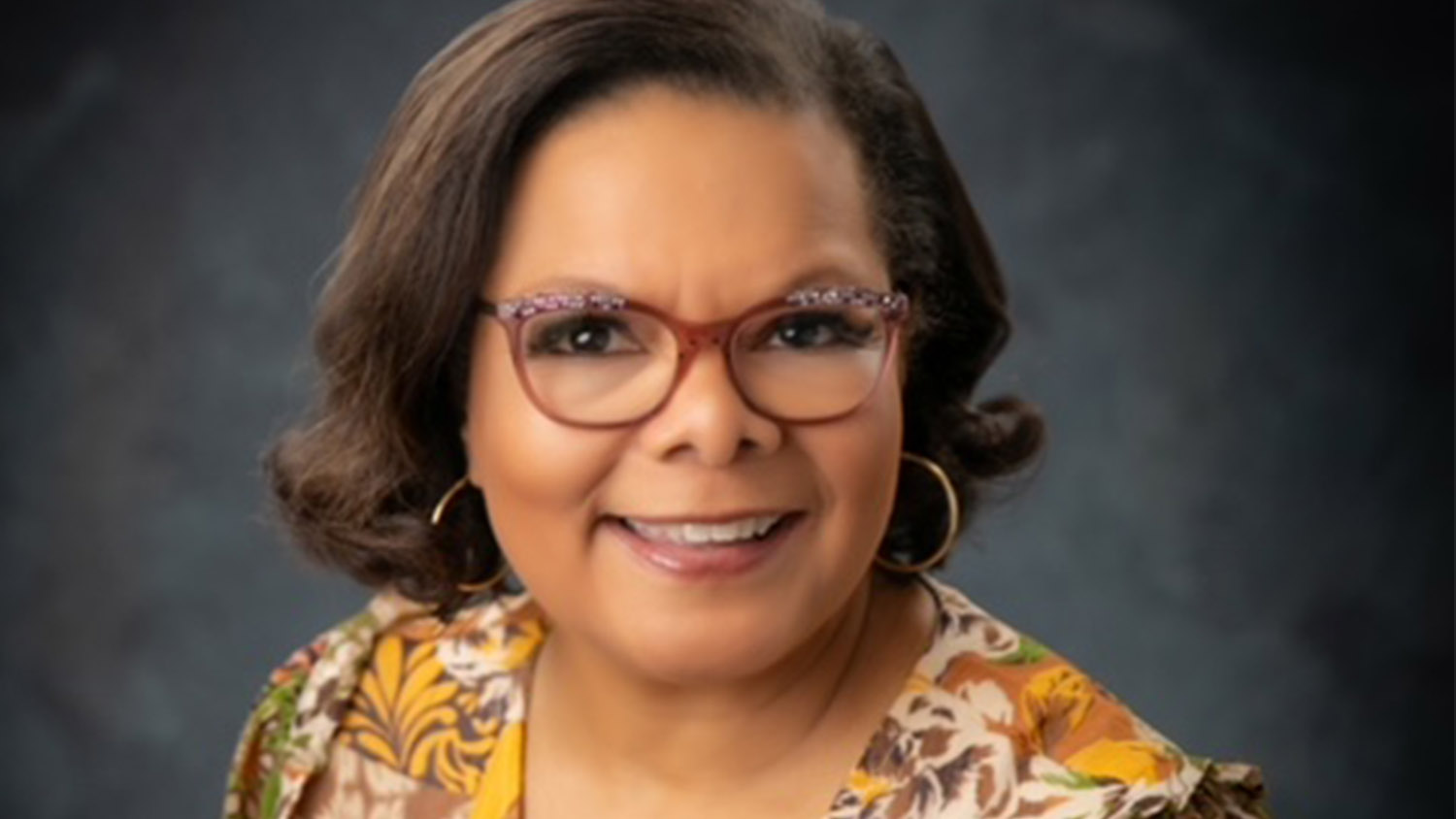Assistant Professor Sunghwan Byun Collaborates with NC State’s Department of Statistics to Improve Equity through Grant-funded Project

NC State College of Education Assistant Professor Sunghwan Byun is working to make the teaching of college-level statistics more equitable through a new grant-funded project.
“Modules for Statistics Graduate Teaching Assistants Learning to Teach Equitably with Authentic Data” is a three-year, $275,484 project funded by the National Science Foundation that will design and assess four modules that aim to help graduate teaching assistants teach more equitably while using real-world data in the classroom. This is a collaborative project with Michigan State University, which has additional funding of $124,354.
Best practices for teaching statistics encourage active learning, using real data and engaging in statistical investigation. While there is a lot of work underway regarding curricular development to align with those recommendations, Byun said his project aims to take things one step further by ensuring graduate teaching assistants have strong pedagogical skills as well as content knowledge in statistics.
“In our study, we are really focused on the introductory statistics course that is often taught by graduate teaching assistants who are not necessarily equipped with pedagogy that allows them to facilitate rich discussions to get insights into data,” he said.
In facilitating these discussions, Byun is also working to ensure participatory equity among students in these introductory statistics courses.
It’s important, Byun said, to pay attention to who is benefitting from instruction, as oftentimes the benefits of curricular changes only impact a small handful of students who raise their hands and eagerly participate in lessons.
“This is about graduate teaching assistants engaging in statistical problems in ways that allow them to pay attention to the inequities that are observed. Our module on participatory equity is really about bringing their attention to who is participating, who is not participating and, eventually, those students’ race or gender to see if there are any broader social patterns in that inequity,” Byun said.
The participatory equity module is one of four that will be created in partnership with Justin Post, an associate teaching professor and director of online education in the statistics department in the NC State College of Sciences and Jennifer Green at Michigan State University. The other three teaching and learning modules—called LEAD Modules—will focus on teaching statistical thinking, enacting teacher discourse moves and facilitating the “launch, explore, discuss” practice.
While Byun’s work will focus largely on the pedagogical side of the project, Post will focus more on content and best practices for teaching statistical thinking.
“There are certain topics in statistics where it’s notoriously difficult to get the concepts across. A lot of new instructors tend to focus on the formulas and making sure students can use a particular formula, but that’s not really what statistics is about,” Post said. “It’s about understanding why that’s the formula we’re using or the concept behind it, so that’s where my main contributions will be.”
The collaboration between the Department of STEM Education in the College of Education and the Department of Statistics in the College of Sciences, as well Byun’s experience as a teacher educator and Post’s experience as a statistician, has been several years in the making, Byun said, and was an intentional element of this grant-funded work.
“I think this work is very complementary. Justin brings in expertise in the disciplinary aspect; he is a trained statistician, and I am experienced in teacher education. We’re complementing each other’s knowledge and generating synergy between those two knowledge domains,” Byun said.
“Even though we’re good at what we do as statisticians, we can still gain so much from collaborating with experts in education. It’s just great to have somebody who wants to come in and help us teach better,” Post added.
- Categories:


